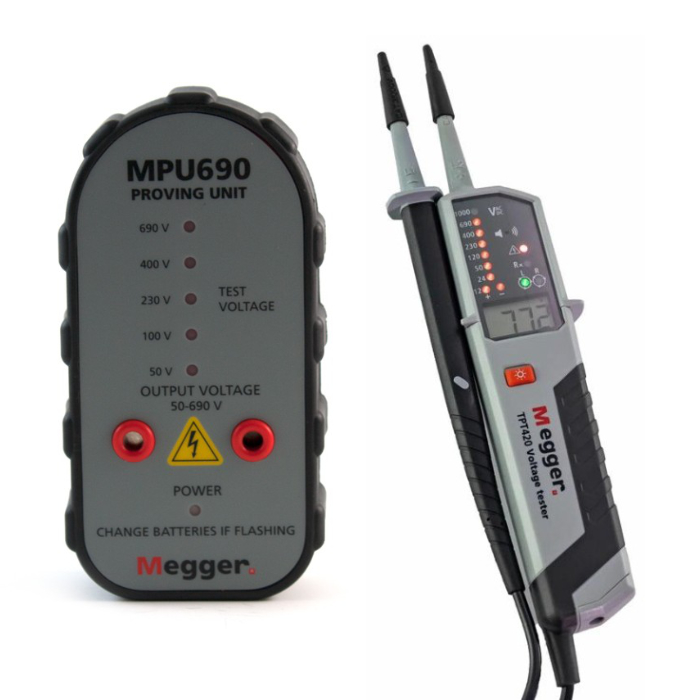So I’ve managed to sell somethings and decided to buy a voltage tester and proving unit.
I’ve seen this on eBay:

Or would you just pay the extra and go for this or another brand? The one on eBay looks okay it’s just a worry. With it being testing equipment.

 www.test-meter.co.uk
www.test-meter.co.uk
I’ve seen this on eBay:

Socket And See SP200 proving unit And Socket & See Voltage Tester VIP Pro | eBay
Half Price!! <br> <br>Socket And See SP200 proving unit And Socket & See Voltage Tester VIP Pro. Condition is New. Dispatched with Royal Mail 2nd Class.
rover.ebay.com
Or would you just pay the extra and go for this or another brand? The one on eBay looks okay it’s just a worry. With it being testing equipment.

Megger Safe Isolation Kit
Megger Safe Isolation Kit The Megger TPT420 and MPU690 Voltage Detection Kit is ideal for proving that an installation is dead before safe isolation procedures. Megger TPT420 AC/DC Voltage Tester The Megger TPT420 Two-Pole Voltage Tester can measure AC voltage between 12 to 1000 V and DC voltage...













